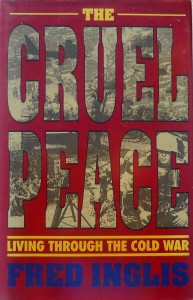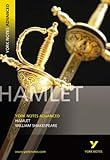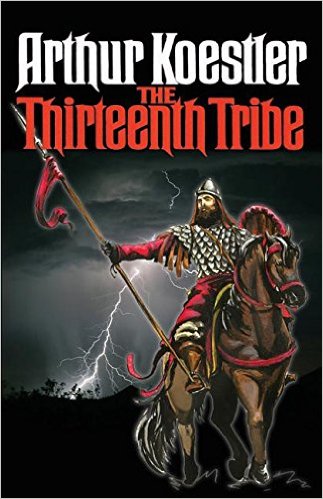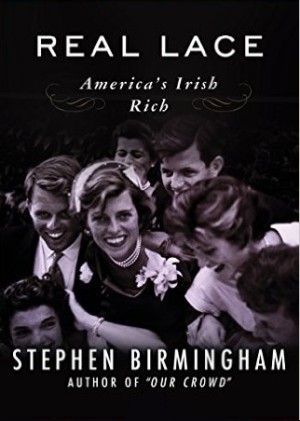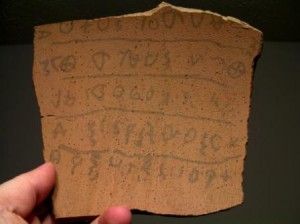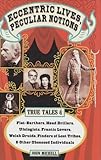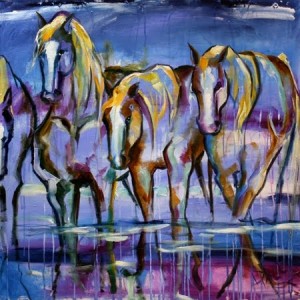 How important is curiosity? When considered, it is a vital part of what makes us human. With age, we often lose the sense of wonder confronting us in our world, so how can we cultivate our interest in our own surroundings, however mundane?
How important is curiosity? When considered, it is a vital part of what makes us human. With age, we often lose the sense of wonder confronting us in our world, so how can we cultivate our interest in our own surroundings, however mundane?
Prepare to be amazed by something every day. Be open to the possibilities around you. Break the routine of your activities. Cycle or walk to work. Take a bus for a change. Stop to chat to people. Ask something you might not feel confident about normally. Try something different on the café menu.
Buy a notepad you can write down your ideas as they occur to you, or simply use it to doodle on while you wait. Most creative people keep a record of their thoughts, experience should tell us all how much we lose by not doing so. After a day or two, read over your ideas and reflect on them. You may find a pattern emerging that indicates your creative response to your environment. Try the suggestions in : The New Drawing on the Right Side of the Brain
Learn to use the Internet effectively. For most, if not all, casual users, it can appear daunting; how do you decide from half a million search responses which is the one you want? What if you miss a better one? Creative people cut through those worries, and learn the effective ways to use what they find, they can organise information so they can find it again, and they don’t overload their own memories whilst using a machine designed to do the same task more efficiently. Flow diagrams are good; in similar fashion we display a family tree, with the possibility of adding information in ‘layers’, using spread-sheet software, for example.

